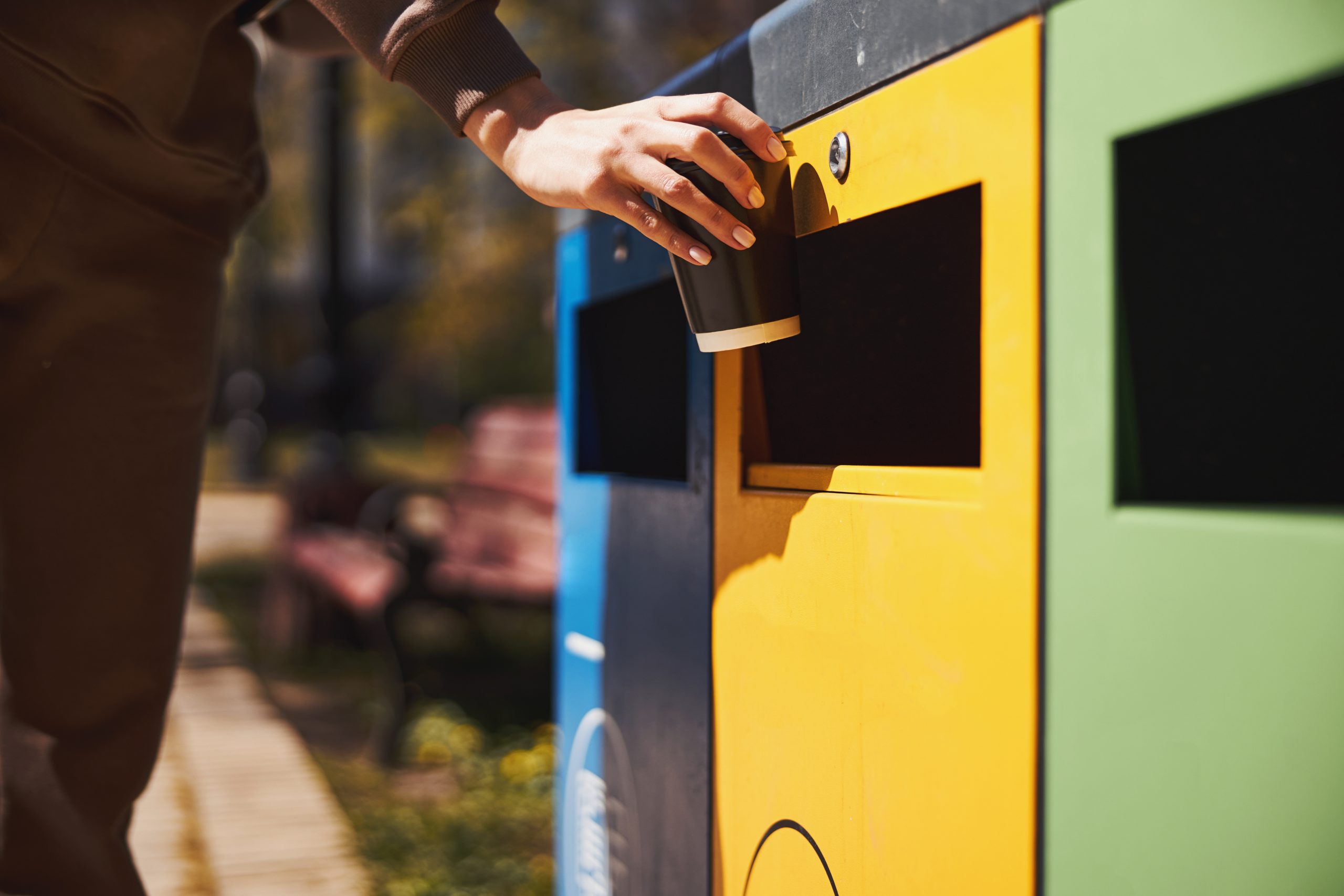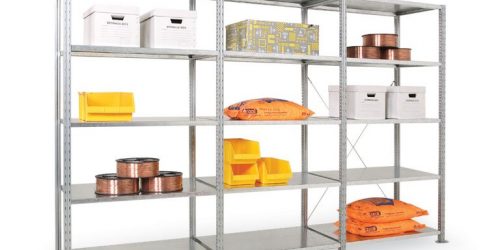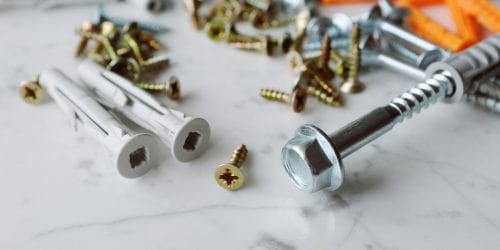Purchasing guide: How to choose the best outdoor recycling bin for your company?
At a time when preserving the environment has become everyone’s business, companies have an essential role to play. Recycling waste but also choosing European suppliers are means for companies to respond to this major challenge. Here is a complete guide to setting up an efficient sorting system on your site using ‘Made in Europe’ outdoor waste sorting bins.

What do you need to consider upstream to make the right choice for your outdoor recycling bin?
Before purchasing any outdoor recycling bin, you should assess your exact needs. This evaluation of office waste management begins with identifying the waste that needs sorting. You should next research where the outdoor waste sorting bins will be sited and then draft a procurement budget.
Identifying the quantity and type of waste that needs sorting
To work out the number of bins needed and their capacity in litres, you must first research the waste produced by every department in the company. As well as finding out the number in litres of waste produced, you can increase your employees’ commitment to sorting waste by including their needs and preferences in your plans.
The next step is to consider the recycling bin you should provide for waste discarded by visitors (customers, suppliers, delivery people, passers-by, etc.). Then you need to research recyclable materials. Get in contact with local councils and companies to find out more about this.
Once you’ve assessed your waste needs, you mustn’t forget to give the bins signage that is both visible and self-explanatory for users so that you can ensure people sort the right waste into the right bins. Internal communication about the topic can also be used to inform employees about the importance of managing waste properly.
Choosing where to site your outdoor recycling bins
Where you put your outdoor waste management bins influences your criteria for them. Bins, tubs, and containers that are particularly exposed to the sun and changes in temperature need to be constructed from weatherproof materials. Bins in areas with no shelter need some kind of protection from the rain.
Your bins should also blend in harmoniously with their environment. The design and materials chosen should fit in with the surrounding countryside and buildings.
Another criterion you should consider is security. Bins that are located in places accessible to the public are more likely to be stolen or moved or damaged. You should therefore opt for special bins that prevent these kinds of inconveniences.
Managing your procurement budget for outdoor waste sorting bins
Decide your budget upstream so you can work out the amount allocated for each external waste sorting bin and see which price range you should go for.
For the most effective waste bins budget, you firstly should assess your indoor rubbish bin needs. Most of the waste that goes into outdoor recycling bins comes from inside the company premises. People who generate this waste, whether they’re from offices, communal catering facilities or production spaces, should have access to containers and bins that suit their needs.
What are the benefits of choosing ‘Made in Europe’ products for your recycling bins?
There are lots of benefits to your company when you choose products that are ‘Made in Europe’. When these products come from Europe, there are certain guarantees in terms of both their manufacture and their transportation.
‘Made in Europe’ brands are a guarantee of quality
By choosing to buy your bins inside Europe, you are guaranteed that your company will be buying products that comply with the current standards, whether they are from European regulations or national regulations specific to each county.
These regulations mainly apply to the composition, design, and quality of products such as outdoor recycling bins. Also, companies selling goods in Europe must comply with transparency regulations, giving you better product traceability.
The strategic advantage to choosing European partners
Buying your products in Europe instead of relying on a supplier from the other side of the world means you can considerably reduce the distance these products will travel. Greater proximity helps procurement, which has positive repercussions on timeframes and prices for the end customer.
‘Made in Europe’ is beneficial to your CSR policy
CSR1 is an essential factor today. Establishing a CSR policy helps companies to increase their value from the point of view of their partners, clients and internal teams.
‘Made in Europe’ procurement enables companies to uphold their CSR policy by enabling them to:
- Contribute to the economic development of the European continent;
- Buy products with European CSR labels and certification;
- Minimise their carbon footprint from goods delivery and shipping.
How should you choose your outdoor waste sorting bins?
There are various types of waste sorting bins for outdoor spaces to fulfil your company’s specific requirements. Capacity, opening system and signage – how to combine available options to furnish your works premises with the most suitable waste sorting solution?
The right size for the right use
Bin storage capacity should be consistent with the quantity of waste it receives as well as how often the bin is emptied. The type of bin should also be suited to the people using it. For example, a communal bin or container placed by a building entrance or a break area shouldn’t exceed 100 litres. For factory waste and packaging from warehouses, taller containers that can hold up to 1,000 litres are more suitable.
Features to consider when choosing your outdoor waste management bin
Bin manufacturers have developed different ranges of tubs, containers, and bins for outdoor use, with quality and price options to suit all budgets. The features and options available are usually as follows:
- Various types of fixed or removable lids;
- The option of locking the lid;
- Various materials suited to outdoor use such as plastic, steel, or metal;
- Bins with or without bags;
- The option of fitting ash trays to bins;
- Various mounting systems (wall, floor or post attachment);
- Wheelie bins;
- Designs with different shapes and heights;
- Auto-closure for dangerous and inflammable products.
Clear signage so that people can tell outdoor waste sorting bins apart
Promote recycling in outdoor spaces by clearly showing the different types of waste collected by these bins. For example, a colour code that is repeated all over the site enables people to familiarise themselves with the waste sorting at your company.
Posters can be put up near each recycling bin to illustrate which kinds of waste they take. Pictures are a quick way to inform people, especially when it comes to recycling different kinds of waste that are in the same category, such as plastic, for example. Plastic can come in various forms which are sometimes processed differently.
The lid opening system can also be an indicator showing which type of waste it takes (cups, paper and cardboard, plastic bottles, metal cans, cigarette ends, etc.).
Last but not least, as we mentioned earlier internal communication is also a good way of training users to comply with the basic rules of waste sorting.
Why should your company get outdoor waste sorting bins?
While indoor waste sorting bins now seem an obvious choice for companies, you shouldn’t forget to provide outdoor recycling bins for external spaces either. This helps you fulfil some requirements such as brand image, budgeting and sometimes the legislation in force.
What are the economic and environmental advantages to sorting your company waste?
Above and beyond any legal obligations, sorting company waste has a lot of economic benefits. Providing waste sorting bins requires companies to thoroughly consider how to reduce their waste and re-use resources that are unused.
Obviously, sorting waste is a major means of helping to preserve the environment. Waste sorting contributes to the production of new products using recycled materials. There are now various channels for recycling metals or wood waste. Saving raw materials like this means, we can cut down on the resources needed to extract and process them (fossil fuel, wood, coal, gas, water, etc.).
How does selective sorting improve a company’s waste management?
Getting the right containers and bins for external waste sorting is the basis for effective, safe, and secure waste management. Waste is sorted depending on its type (paper, plastic, glass, metal), how it is processed and how dangerous the waste is.
The choice of the right exterior recycling bin (lid system, capacity, material, etc.) has an impact on recycling costs. To evaluate these costs, you need to consider the time the employees spend sorting their waste and taking it to the right bins. Thoroughly sorting certain materials also means you can sell on recyclable waste to collection companies.
Learn more about this topic by downloading our white paper ‘Waste management in companies’.




